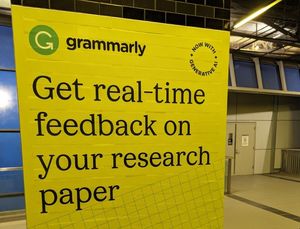I have mentioned SEO (Search Engine Optimization) a few times as an increasingly important area of interest for librarians. However, as I have suggested, I come across resistance on the grounds that this is some sort of base or mendacious activity. We are very interested in interoperability, however, and for this reason it may be that Search Engine Interoperability is a more palatable expression. In this case interoperability means managing resources in ways which promote effective crawling, indexing and ranking by search engines. A reasonable goal, given the importance of search engines in the lives of library users.
Anyway, I repeat these points prompted by a post by Tony Hirst on the topic.
What does information literacy mean in the age of web search engines? I’ve been arguing for some time (e.g. in The Library Flip) that one of the core skills going forward for those information professionals who “help people find stuff” is going to be SEO – search engine optimisation. Why? Because increasingly people are attuned to searching for “stuff” using a web search engine (you know who I’m talking about…;-); and if your “stuff” doesn’t appear near the top of the organic results listing (or in the paid for links) for a particular query, it might as well not exist… [Revisiting the Library Flip – Why Librarians Need to Know About SEO « OUseful.Info, the blog…]
It is useful to think about the library website in this context. It is also important for materials which are unique to an institution/library: archival collections, institutional repositories, etc. It is also interesting to think about subject or other liaisons, or specialist library services, or advisory/reference materials. As libraries turn to assisted reputation management for their institutions (thinking about how faculty members, their expertise and their outputs are effectively disclosed on the network for example) it is an important area for investigation. This is a topic which deserves quite a bit more attention ….
Related entries:



